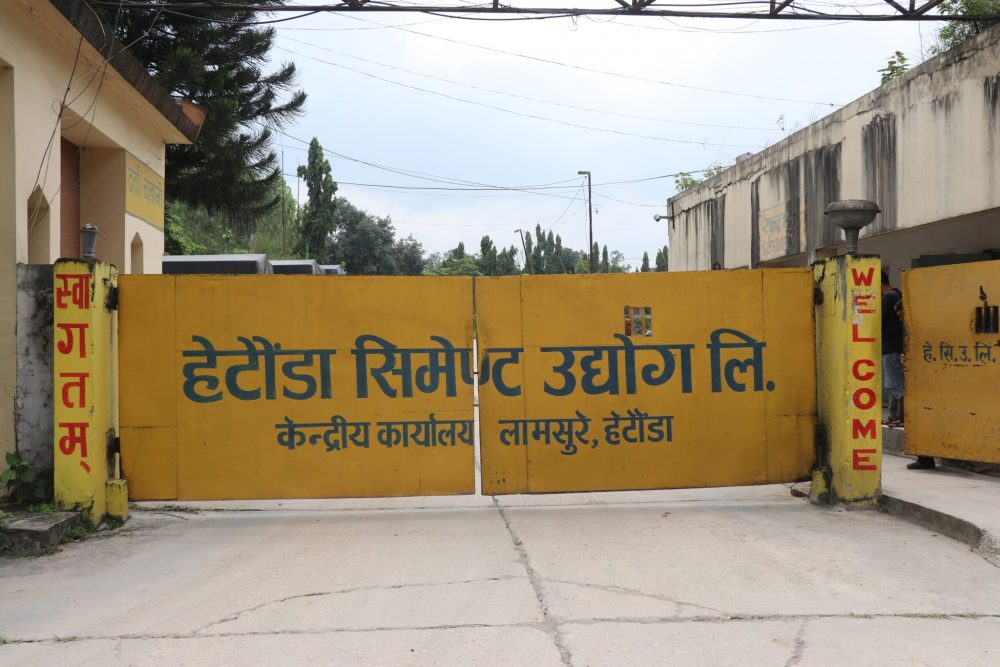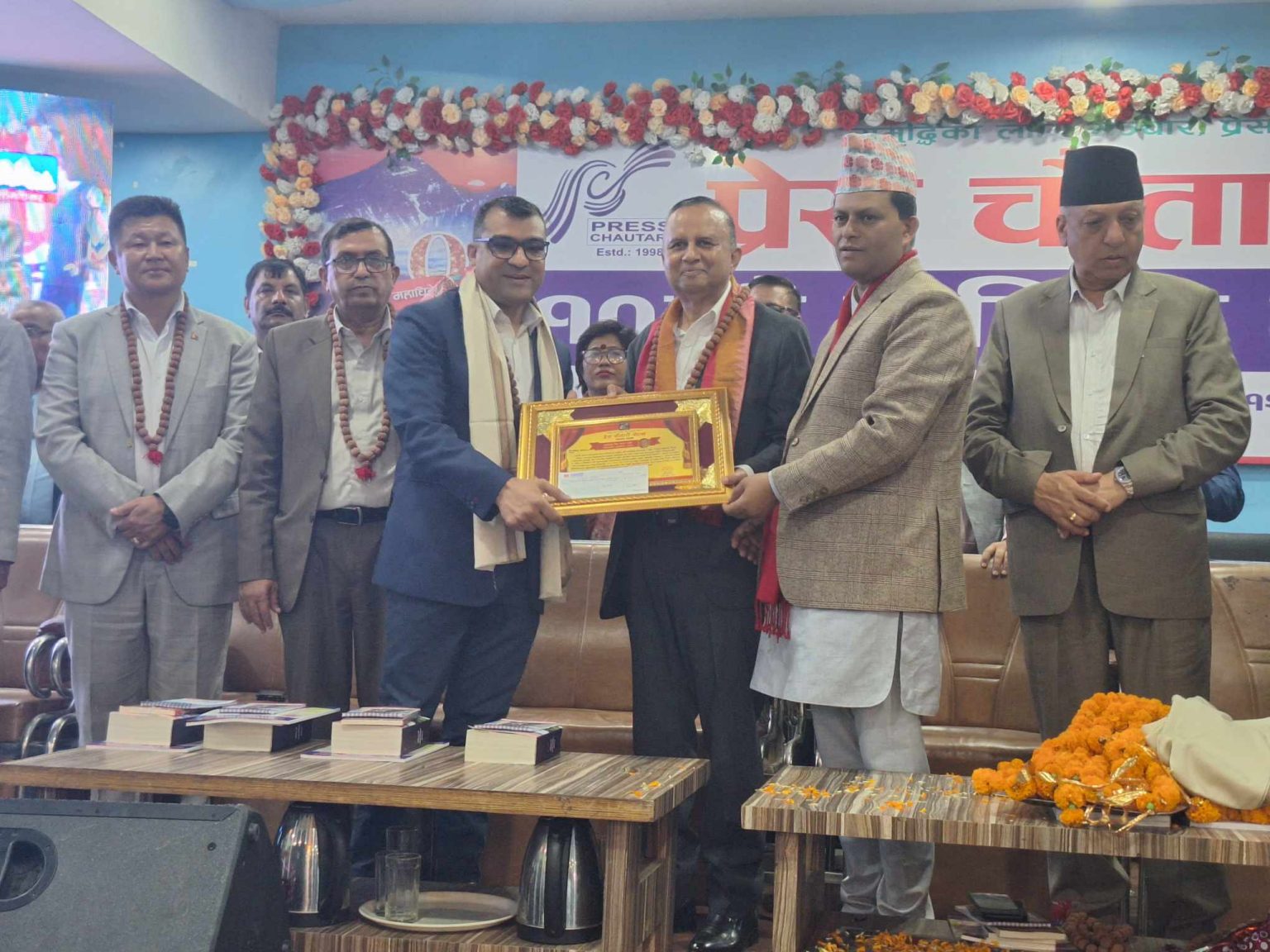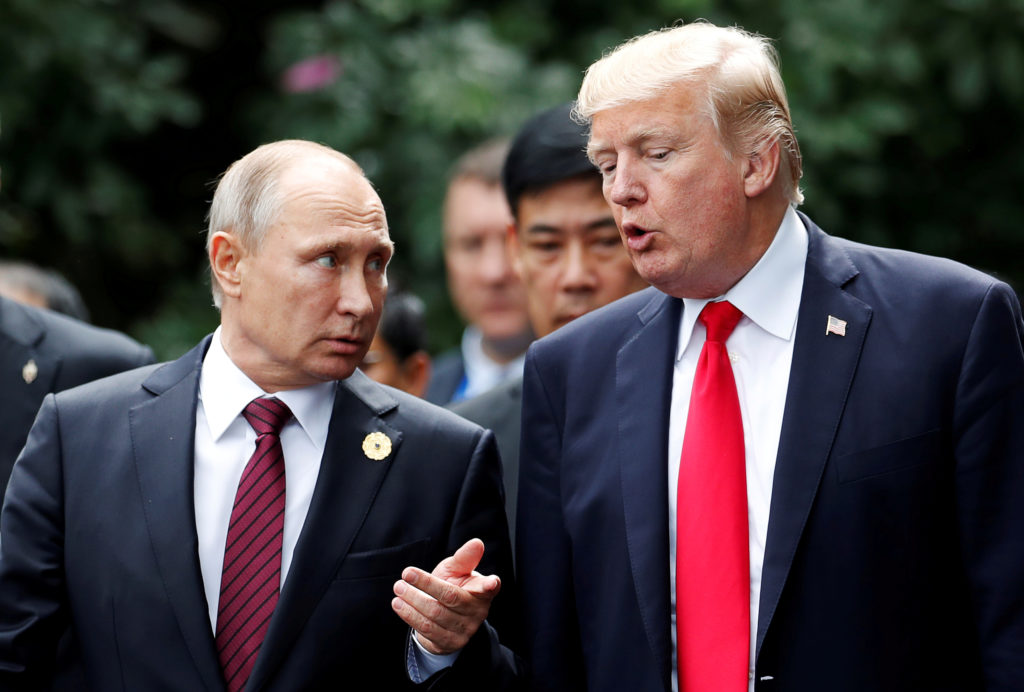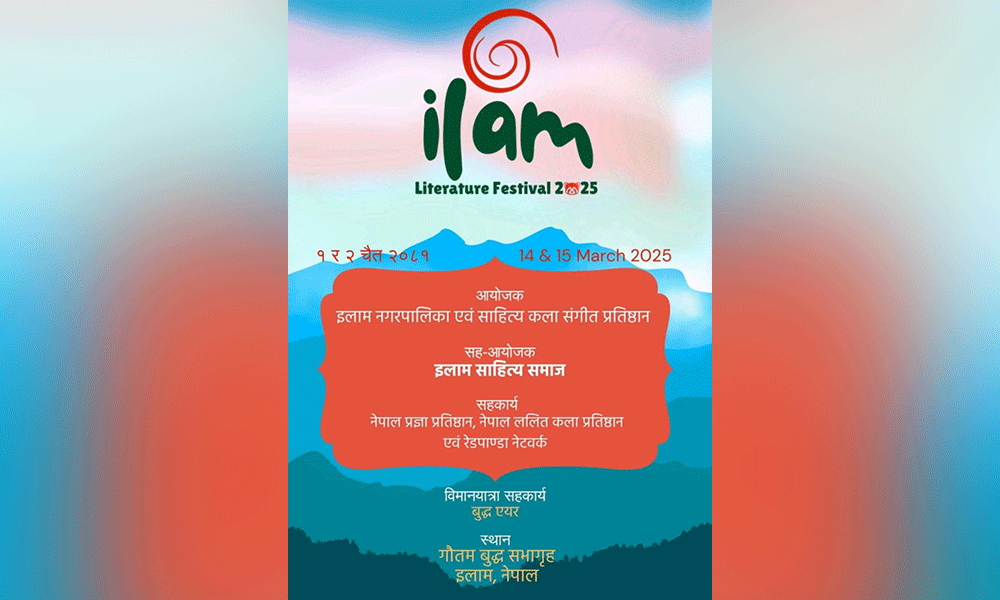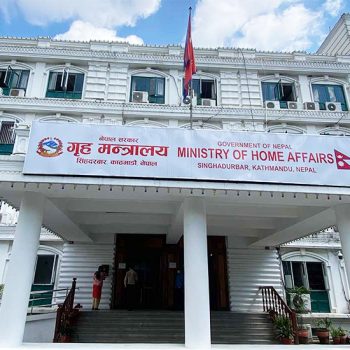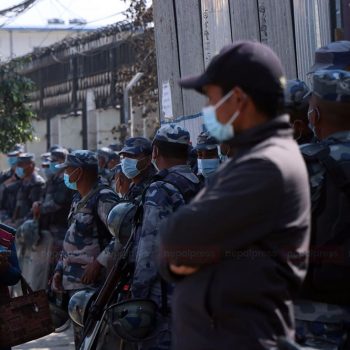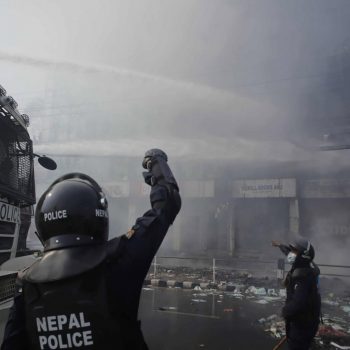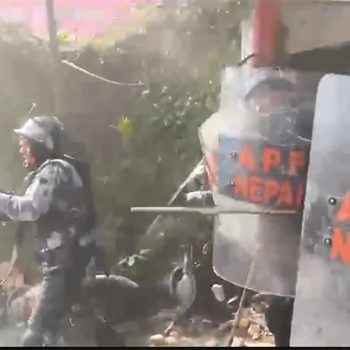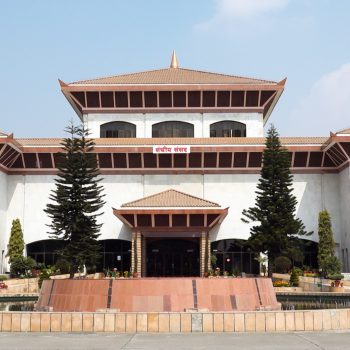Top Pakistani General Zubair Mahmood Hayat’s talk on ‘The BRI, China and South Asia in the emerging global order
 NepalPress
NepalPress

Shanghai: In a recent seminar on “Emerging Global Order – A Strategic Perspective organized by the Institute of International Studies at Fudan University (IIS Fudan) and Co-organized by Pakistan Study Centre at Fudan University (PSC Fudan),” General Zubair Mahmood Hayat delivered a keynote speech. General Hayat played a key role in shaping Pakistani military and security policies, particularly in the areas of counter-terrorism and nuclear deterrence.
He identified five critical elements defining the current global order. He reiterated that this is the defining moment for human civilization, global governance, and the notion of the Nation States, global security, political conception, and Homo sapiens to be precise. The global order is transforming from the shores of the Atlantic to the coasts of the Pacific turning the tides of history from West to Asia on the fulcrum of China. Quoting Henry Kissinger, General Hayat, The center of gravity of world affairs has moved Indo-Pacific region. He pointed out that Europeans are facing an identity crisis, there is an economic renaissance in Africa, and Afghanistan.
There is a rush for critical resources, rapid militarization, and the militarization of space. In the information domain, he described it as a “fake news world” and a “post-truth world,” where misinformation and disinformation challenge traditional narratives and influence global politics immensely.
One of the central theme of his presentation was a prescriptive concept of ‘change the game, for that ‘One must play the game’ referring to BRI a pivotal factor in global economic development. The period from 2025-2035 will be decisive, with middle powers expected to play increasingly significant roles in influencing global dynamics. In the South Asian context, he pointed out that India is “the elephant in the room”, noting a transition from secular to an “extreme ultra-right, Hindutva-driven leadership.” India’s heavy-handedness towards smaller neighbouring states is real. India should not consider itself as a big power rather it should act as an emerging great power that creates a mutually beneficial regional order rather than an enhanced threat perception influencing the security dilemma of smaller nations.
As the former Director General of the Strategic Plans Division (SPD), which oversees Pakistan’s nuclear weapons program, General Hayat claimed that Pakistan had developed nuclear capability by the early 1980s. He states that no nation in history has possessed nuclear capability without testing it for such a long time. However, Pakistan refrained from testing its nuclear weapons for several reasons, including strategic restraint and that there was no motivations of power or prestige.
He argued that India’s actions in May 1998, when it conducted a series of nuclear tests, significantly altered the strategic balance in South Asia. This act exerted pressure on Pakistan to demonstrate its own nuclear capability in order to restore balance and create a strategic stability equation. The nuclearization of the Himalayan region has significant implications for regional security and stability making it a nuclear flashpoint.
The seminar provided a comprehensive overview of the shifting global order and the strategic dynamics in South Asia, with General Hayat’s insights offering a crucial perspective on the future of global politics and security.


